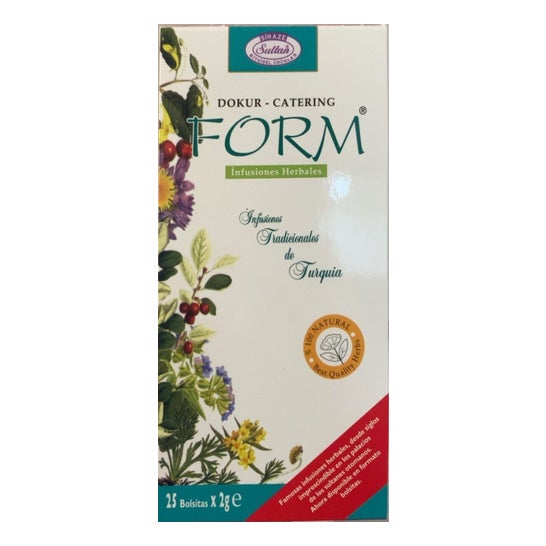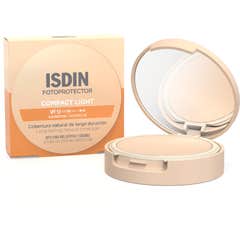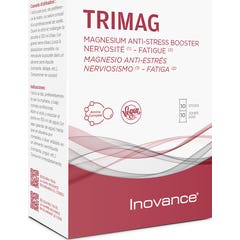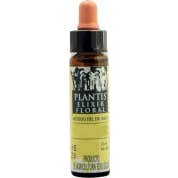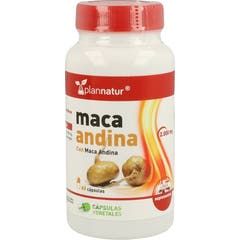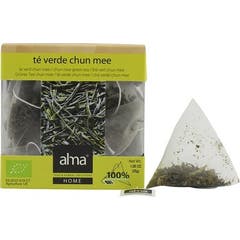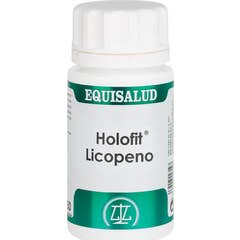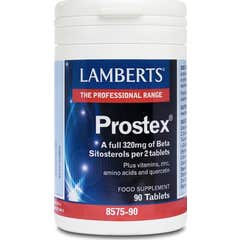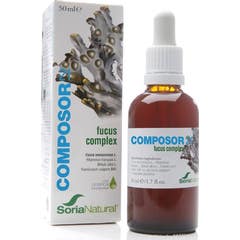Turkish tea, made with 23 medicinal plants of natural origin, the composition has no chemical components, the synergy of natural effects results in the perfect complement to purify the body in the healthiest way. In addition, the regular consumption of Form Infusion contributes to the loss of kilos, taking an infusion half an hour before or after the main meals. In general, it is a natural depurative product that helps the correct functioning of the liver, kidneys and digestive-excretory system; in addition, it helps us to clean and expel toxins. The composition contains: Rosemary, cherry stem, mint, senna, heather, celery seed, chamomile, horsetail, nettle, wild rose, lemon balm, hibiscus, myrtle, corn pollen, orange hops, fennel, bean pods, anise, flaxseed, lemon hops, avocado leaf, oregano and blackberry leaf.
Turkish Tea Form 23 Plants 25 Filters
Contributes to the function, maintenance, detoxification of the organism and helps to reduce weight during diets
Shipping in 24-72h
Description
Instructions for use
Place the tea bag in a cup or teapot with water and steep for as long as necessary. Then remove the bag and drink hot or cold. Read the directions on the package before brewing. Water temperature, as well as steeping time, may vary according to the type of tea or infusion.
Unit price
Pharmaceutical Advice
Pollen is made up of small granules produced by bees from the contents they collect from the flower stamens, which they process and carry on their legs back to the hive to feed their colony. On the other hand, some pollen extract is obtained directly from specific plants. Their botanical composition can be standardised. These pollen extracts can be included in immunotherapy treatments for allergies or, using certain pollen fractions, can be included in dietary supplements to improve well-being during menopause and perimenopause.
This beekeeping by-product has become popular as a food source, as it is a source of important macro- and micronutrients: its greatest contribution is carbohydrates, although it is also notable for its protein content, essential amino acids and essential fatty acids that our body cannot synthesise; B vitamins (B1, B2, B3, B5, B6 and B7) and vitamin C; it also provides small amounts of vitamins D, E, K and inositol, and contains choline, which contributes to proper brain and heart function. In terms of minerals, it is a source of phosphorus, calcium, potassium, iodine, zinc, copper, magnesium and selenium and also antioxidant carotenoids.
It can further support a balanced diet and can contribute as a restorative food in the context of anaemia, fatigue or convalescence.
If you are allergic to pollen or bee stings, avoid consumption and choose other nutrient sources. Pollen could trigger an allergic reaction. If you are taking medication, it is advisable to consult a healthcare professional before using a dietary supplement containing pollen.
Safety and product information
Safety visual aids
At this time we do not have safety images for this product, but we are working on it. We encourage you to check back later for updates. In the meantime, we recommend that you read the safety information that comes with the product before using it. If you have any questions about safety, please do not hesitate to contact us. Also, if you wish, you can also return the product by following our terms and conditions.
Manufacturer details
At the moment we do not have the manufacturer's details, but we are working to add them as soon as possible. We invite you to check back later for updates. If you have any questions, please do not hesitate to contact us, we will be happy to help you.
RELATED SEARCHES ABOUT Depurative
New in Teas and Infusions
- Inebios Serepause Infusión 20 Sobres
- Vitavea Bionutrisanté Infusión Pan Jengibre 20 Sobres
- Panda Tea Pink Power 28 Sobres
- Nutrisanté Infusión Manzana del Amor Bio 20 Sobres
- All Pura Tea Mix Plantas 20x1.5g
- Owari Transitea 50g
- Gudslip Sweet Dreams Infusión 10uds
- Tilman Biolys Infusión Anti-Stress 24 Sobres
- Robis Laxi Robis Infusiones 25x30g
- Owari Infusión Slim'tea La Détox 50g

